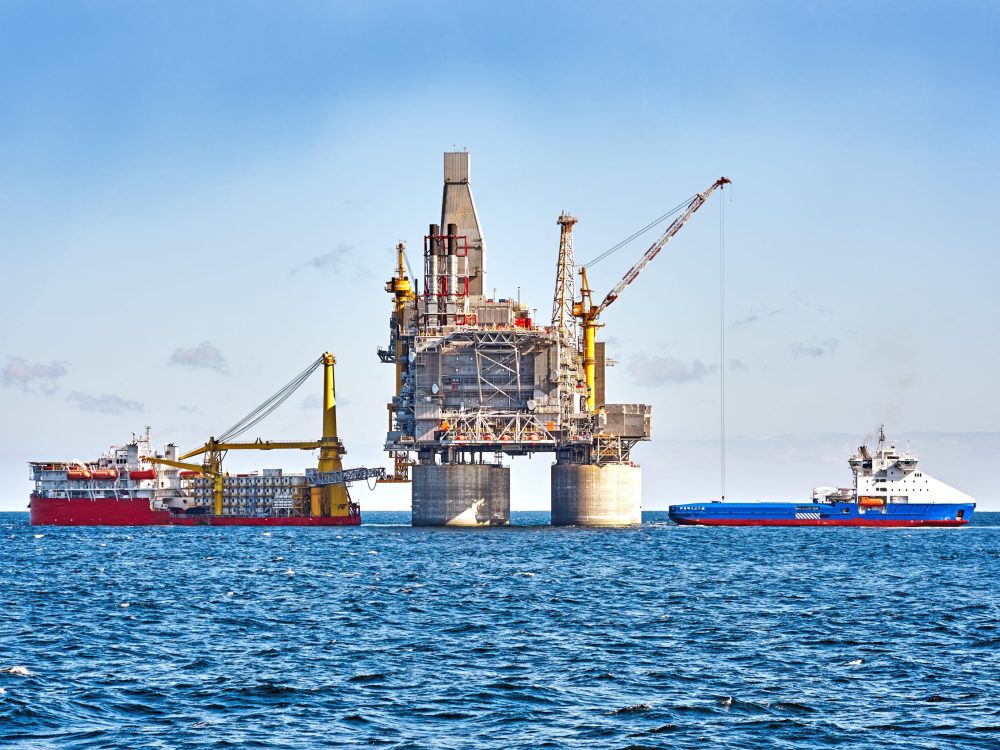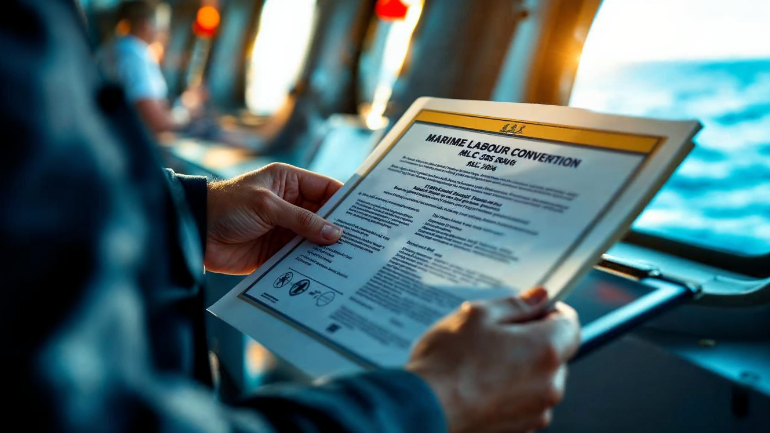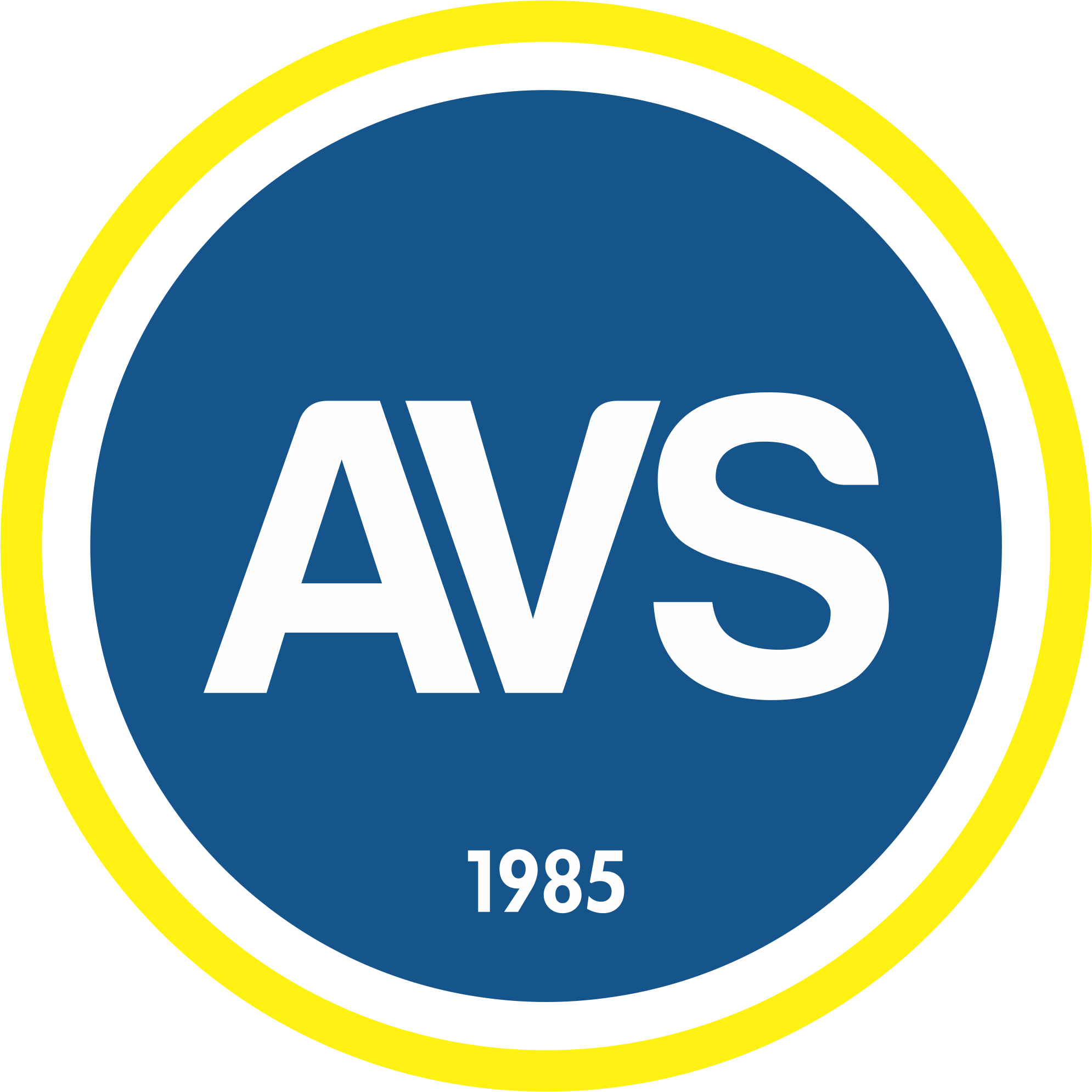

About Us
AVS has led maritime supply, catering, and logistics for 39 years, serving seafarers globally. Our reach spans 1,500+ ports in 126 countries, committed to excellence, innovation, and sustainability. We aim to surpass client expectations, making their challenges our mission.
Partner with AVS, where fast, efficient and reliable maritime solutions is our priority.
About UsContact Info
- Soganlik Yeni Mah, Pamukkale Sk. No:2, 34880, Kartal, Istanbul, Turkiye
- +90 216 591 0849
- info@avsglobalsupply.com
What is the MLC 2006?
- Home
- Blog
- What is the MLC 2006?

Kategori Yok
- Date: 14 May 2025 11:07
- Author: AVS Editor Staff
What is the MLC 2006?

The Maritime Labour Convention, 2006 (MLC 2006), often described as the "seafarers' bill of rights," is an international treaty established by the International Labour Organization (ILO). It sets out comprehensive rights and protections for seafarers worldwide, ensuring fair conditions of employment, decent working and living conditions, health protection, and access to medical care while at sea.
Why the MLC 2006 Matters to Maritime Operations
For vessel owners, fleet managers, and marine logistics professionals, MLC 2006 is not just a compliance requirement. It is a critical framework that underpins workforce welfare and operational integrity. By aligning with the MLC, operators minimize the risk of detentions, delays, and reputational damage at port state inspections.
Core Areas of the MLC 2006

The convention covers five key areas, known as Titles:
Title 1: Minimum Requirements for Seafarers to Work on a Ship
- Minimum age requirements
- Medical certification
- Training and qualifications
Title 2: Conditions of Employment
- Employment agreements
- Wages and payment frequency
- Hours of work and rest
- Entitlement to leave
Title 3: Accommodation, Recreational Facilities, Food and Catering
- Quality standards for onboard living conditions
- Safe and nutritious food provisions
Title 4: Health Protection, Medical Care, Welfare and Social Security Protection
- Medical care on board and ashore
- Shipowners' liability and access to welfare services
Title 5: Compliance and Enforcement
- Flag State responsibilities
- Port State control inspections
- Certification and documentation
MLC Certification and Inspection: What Operators Need to Know

Ships of 500 gross tonnage or more, operating internationally, must carry an MLC certificate issued by their Flag State. This certificate confirms compliance with the convention's requirements. Port State Control may inspect ships to verify compliance, and non-compliance can result in detention.
Maintaining accurate documentation, crew contracts, inspection reports, and evidence of onboard conditions is essential for passing audits and inspections smoothly.
How Smart Marine Logistics Support MLC Compliance
Compliance with MLC 2006 often intersects with procurement, supply chain efficiency, and crew welfare. Access to reliable marine supply services, timely delivery of quality provisions, and robust digital tracking of services all contribute to an MLC-compliant vessel.
Companies like AVS leverage global reach and localized knowledge to ensure ship owners and managers receive high-standard provisions, spare parts, and services wherever their vessels dock. With digital platforms supporting transparency and real-time communication, AVS helps streamline ship supply operations that align with the regulatory framework of the MLC.
Common Challenges and Mitigation Strategies
1. Variability in Port State Control Practices
Differences in how MLC standards are interpreted and enforced can be mitigated by adhering to best practices universally and preparing for the strictest inspection regimes.
2. Documentation Gaps
Digital platforms that centralize crew data, employment contracts, and inspection records reduce administrative errors and simplify compliance management.
3. Supply Delays Affecting Crew Welfare
Partnering with logistics providers who offer reliable last-mile delivery and quality assurance ensures uninterrupted crew support.
Strategic Insight: Navigating the Future of Maritime Workforce Compliance
As the maritime industry moves toward greater automation, digital supply chains, and environmental accountability, crew welfare remains a foundational priority. MLC 2006 will continue to evolve, likely incorporating future concerns such as mental health, connectivity, and resilience against global disruptions.
Operators that embed MLC compliance into their logistics strategy will not only meet international standards but also enhance operational resilience, reputation, and crew retention. Companies like AVS, with advanced logistics capabilities and digital transparency, are well-positioned to support this integration.
Conclusion
MLC 2006 is more than a regulatory hurdle. It is a strategic pillar of effective fleet management. Ensuring compliance through smart logistics, robust documentation, and dependable supply partnerships will position maritime operators for sustained success in a globally competitive industry.

Published by
AVS Editor Staff
Bilinmiyor

